2/22/13
Michael Haneke's AMOUR: Tragically Enduring Love
Amour (2012)
Director: Michael Haneke
Writer: Michael Haneke
Cast: Emmanuelle Riva, Jean-Louis Trintignant, Isabelle Huppert
Website: Amour Official Site
Austrian filmmaker Michael Haneke (The White Ribbon) loads his films with such crushing despair, it's surprising he hasn't suffocated most of his fans in utter misery. The auteur has been forcing the highbrow art house crowd to face their own mortality throughout his varied career with powerful, bleak films like Cache and Time of the Wolf. He's taken to that task quite literally in his latest offering Amour, a precision-perfect snapshot of love strained in the face of impending death. Haneke, often criticized for a "cold" and "emotionless" body of work removes those descriptors from the conversation by delivering a heartfelt - though no-less-provocative - piece examining the paralyzing frustration of witnessing a loved one suffer. Perhaps in response to his detractors, he handles it with a gentleness uncharacteristic of the man responsible for the desolate Funny Games.
Amour is the story of Georges (Jean-Louis Trintignant) and Anne (Emmanuelle Riva), an aging couple content in their lifelong commitment to one another. Both have led successful lives as music instructors, and have a well-adjusted daughter named Eva (Isabelle Huppert), a professional musician.Their bond is tested when Anne suffers a stroke, and succumbs to degenerative health conditions spurred by her advanced age. The film focuses on Georges' efforts to give Anne dignity in her decline. It's a task that becomes increasingly more challenging as Georges contends with the intervention of doctors, nurses, and his own family, all of whom are very removed from the worst of Anne's daily physical and psychological anguish.
Audiences familiar with Haneke's filmography are aware that he rarely uses a music soundtrack to invoke or manipulate emotional responses to scenes in his films. Never is the exclusion more apparent than in Amour. Though the film revolves around the music rich lives of its central characters, any accompaniment is incidental. Amour is the most emotionally raw and affecting of all his films. This is primarily because Georges and Anne are such sympathetic and relatable characters. Audiences of all ages can identify with Georges' efforts to make Anne more comfortable in her state. Conversely, we're stricken by Anne's struggle to maintain control over her mind and body. Trintignant and Riva are so wholly convincing in their portrayals that viewers will feel they are intruding on profound moments of intimacy shared between genuine people.
Haneke, always game for subverting convention, keeps his narrative fairly straightforward. There are no excessive long takes or characters breaking the fourth wall, so any accusations of gimmickry aren't applicable here. Instead, Haneke relies solely on the power of his actors, framed beautifully by cinematographer Darius Khondji (Midnight in Paris). As usual, Haneke tells his tale with stunning compositions that squeeze profundity from the most mundane acts. One distressing scene, for example, takes place during an innocuous moment of two people sharing tea. It's a pivotal moment in the film, and the viewer is caught totally off guard.
Though Haneke denies the inclusion of pigeons in the film as holding any symbolic significance, the once domesticated bird pops up in several important scenes. One instance shows Georges helplessly chasing a stray pigeon around the apartment before covering the pigeon with a blanket. His next act can be construed as either cradling or smothering the hapless bird, but Georges' action - much like Haneke's film - remains ambiguous. The same can be said of the climax that leaves itself open to interpretation despite an apparent finality.
From the outset, Georges' efforts to care for Anne, though futile, are powered by his unwavering love. Not one moment is spent in self-pity. He is steadfast in honoring Anne's request to remain home and out of hospitals. It's a responsibility very few would take on, particularly when Anne reverts to an infant-like state. Georges' outbursts of cruelty - though inexcusable - are at least somewhat justifiable. Even a severe final act elicits not horror, but understanding delivered with Haneke's trademark merciless honesty.
Subscribe to:
Post Comments (Atom)

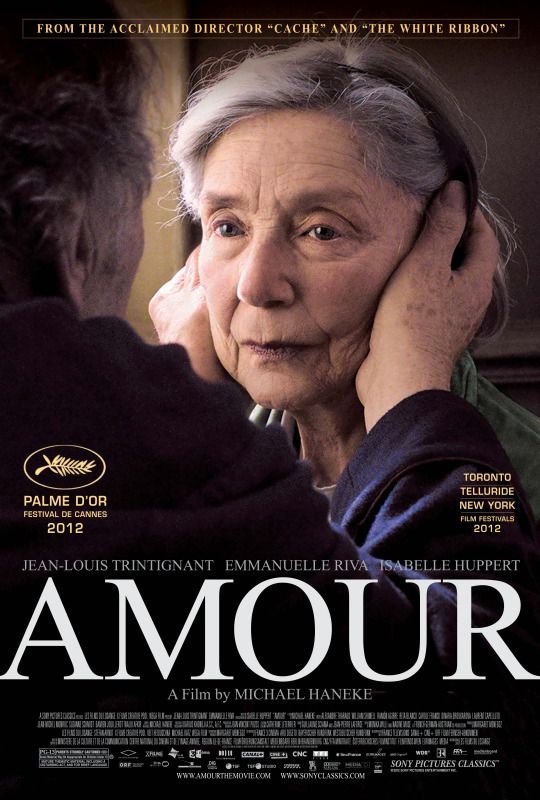
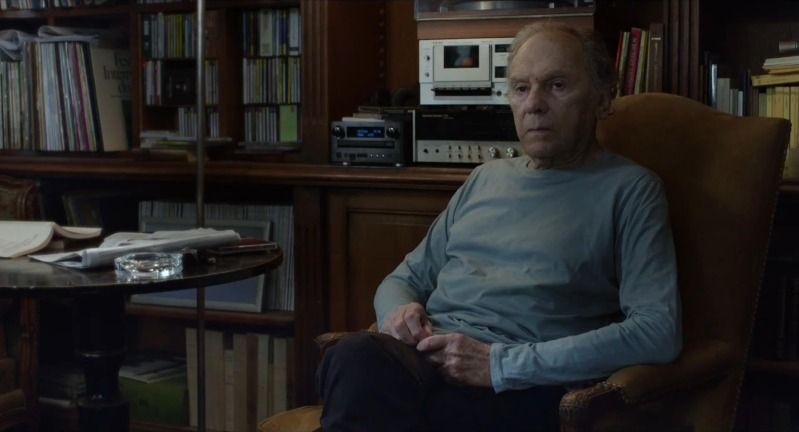
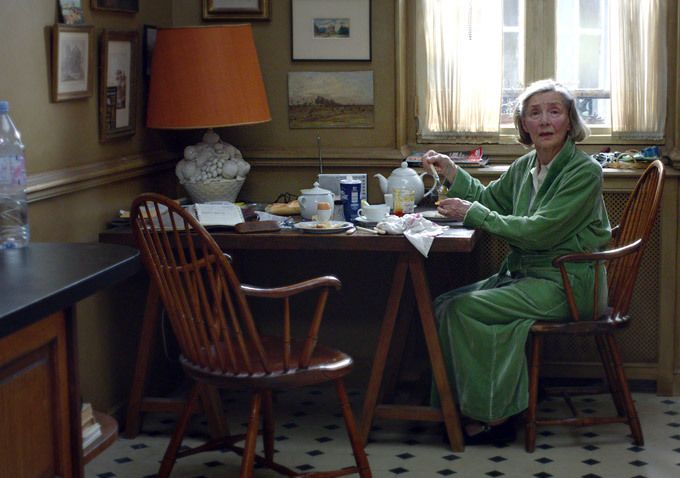
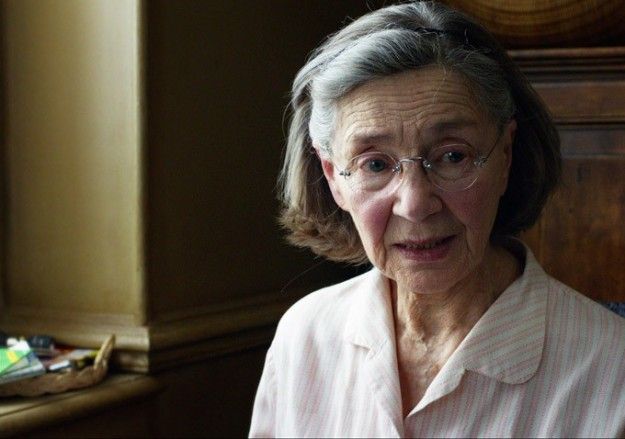
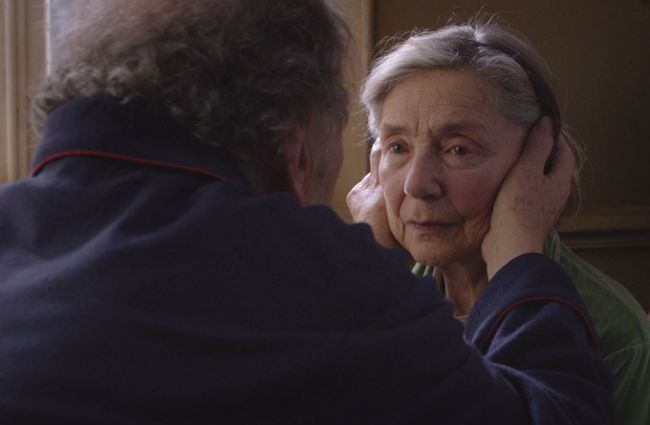
No comments:
Post a Comment